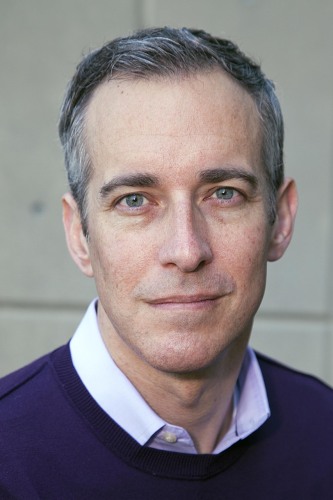
Jeffrey Moser
Biography
Professor Moser’s research attends, broadly, to the conceptual and material processes whereby past things are made present, with particular attention to the ways in which these processes intersect in the artistic practices and scholarly techne of medieval China. He is also interested in the problem of historical agency, and the interconnections between ecological, technological, and perceptual change over time. His most recent book, Nominal Things: Bronzes in the Making of Medieval China (University of Chicago Press), examines the role that the rediscovery and decipherment of ancient bronzes in eleventh-century China played in restructuring medieval understandings of the relationship between words, images, and things. Other publications—on such subjects as ceramics, ink painting, antiquarianism, visual exegesis, and geography—are linked through a consistent interrogation of the ways in which new modes of attention to the material world, both past and present, catalyze new understandings of the past.
Professor Moser is currently at work on a second book project Moral Depths: Making Antiquity in a Medieval Chinese Cemetery, which examines the recently discovered family cemetery of the Neo-Confucian philosopher and antiquarian Lü Dalin (1040–1093). He is also collaborating with scholars in Xian, Hangzhou, Hong Kong, and elsewhere on a traveling exhibition and scholarly catalogue of the exquisite grave goods recovered from the cemetery.
Having studied in Taiwan, Japan, and the United States, and taught in China and Quebec before coming to Brown, Professor Moser endeavors to integrate the perspectives of diverse scholarly traditions in his teaching. He teaches an introductory course on the arts of Asia organized around the biographies of exemplary objects, as well as a wide range of other surveys and seminars. He also advises graduate students in all fields of Chinese art history.
He is affiliated with the Department of East Asian Studies, serves on the steering committee for the Program in Early Cultures, and has collaborated with faculty in Anthropology, Religious Studies, and the Joukowsky Institute on a variety of teaching and research projects.